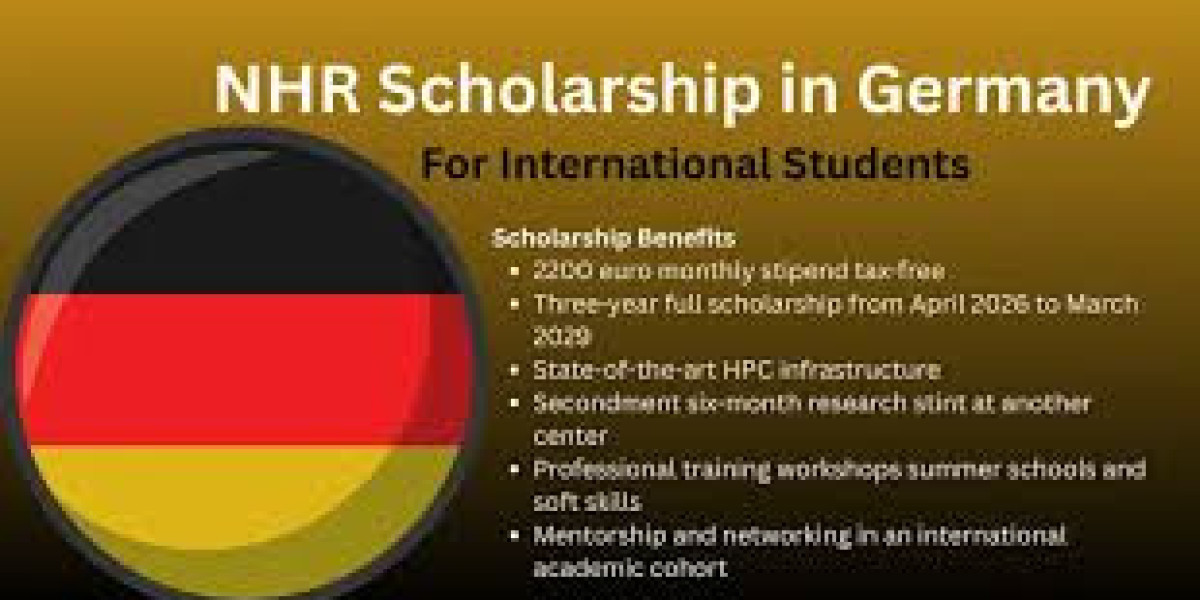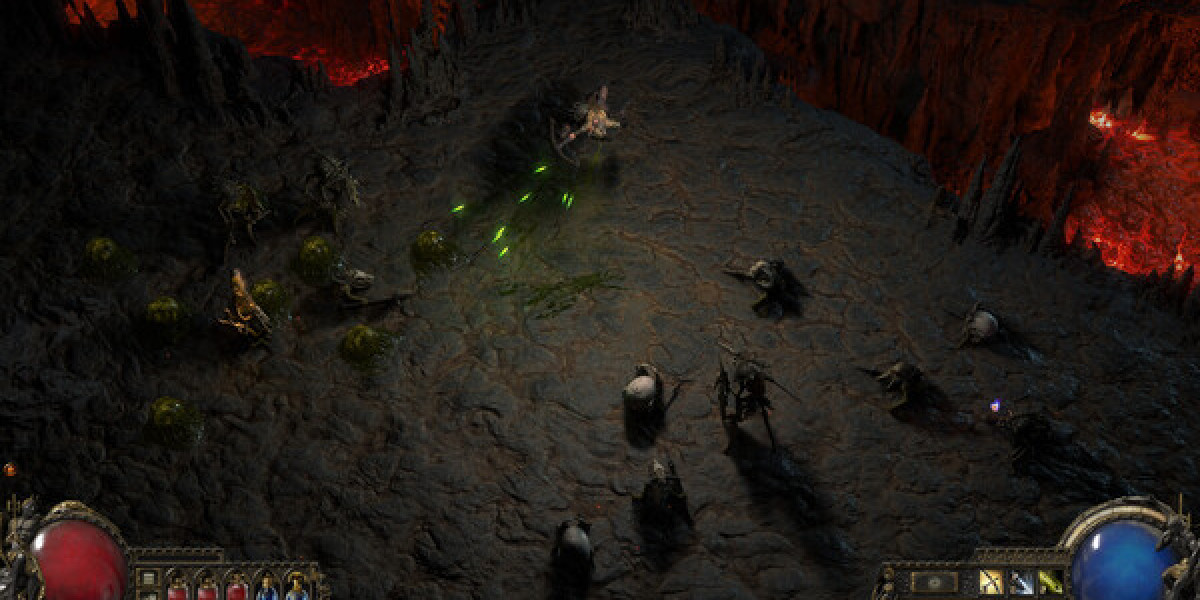Common Mistakes to Avoid When Applying for NHR Scholarships 2026
Applying for fully funded scholarships like the NHR Scholarships 2026 is a major opportunity for aspiring PhD candidates in scientific and medical research fields. With its strong focus on high-performance computing (HPC), computational sciences, and interdisciplinary research in Germany, the NHR program draws candidates from around the world. However, many applicants unintentionally reduce their chances of success by making common yet avoidable mistakes during the application process.
To ensure your application stands out, here are key errors to avoid when applying for the NHR Scholarships 2026.
1. Failing to Understand the Program Requirements
One of the most frequent mistakes is not thoroughly reading the scholarship eligibility criteria and research focus areas. The NHR Scholarships are tailored for students aiming to specialize in computational science, AI in healthcare, medical imaging, and data-driven research. Applying without aligning your academic background and research goals to these areas may lead to disqualification.
Always ensure your proposed PhD project complements the NHR framework—especially if it involves medical-related services such as computational biology or neuroscience.
2. Submitting Incomplete or Generic Applications
Many applications are rejected simply because required documents are missing or not customized. Avoid using generic personal statements or letters of intent. Tailor your application to demonstrate your understanding of NHR's goals and how your research can contribute to fields like medical diagnostics, HPC in life sciences, or bioinformatics.
Include specific references to why Germany—and the NHR infrastructure in particular—is the best fit for your research ambitions.
3. Ignoring the Role of Medical and Computational Synergy
The NHR PhD scholarships are unique in how they integrate computational technologies with scientific fields, especially in medicine. Overlooking this synergy can weaken your application. For example, if your field is public health or medical imaging, emphasize how your work will use advanced computing systems for simulations, diagnostics, or data analysis.
Applicants must clearly articulate how they will leverage HPC and contribute to cutting-edge developments in health-tech.
4. Poorly Prepared Research Proposals
A weak or unfocused research proposal is another common pitfall. Make sure your proposal has a clear research question, methodology, and relevance to NHR's objectives. If your research focuses on healthcare analytics, molecular simulations, or epidemiological modeling, explain how NHR's computing resources will be crucial to your success.
Highlight how your work could solve real-world problems in medical research or healthcare delivery systems.
5. Missing the Submission Deadline
A surprisingly common mistake is underestimating the time required to gather, prepare, and submit all materials. Ensure you start the process early. This includes securing academic transcripts, letters of recommendation, and proof of language proficiency if required.
Delays can occur, especially if you’re coordinating with international institutions or supervisors. Don’t let last-minute technical issues jeopardize your chance.
6. Not Reviewing the Application Carefully
Spelling mistakes, formatting errors, or inconsistent data in your CV or proposal can give a poor impression. These seemingly minor mistakes reflect a lack of attention to detail—something that is vital in research fields, especially those involving medical data and precision computing.
Ask a mentor or peer to review your documents before submission. A second opinion can be very helpful in spotting gaps.
7. Overlooking the Value of Official Resources
Many applicants fail to consult the official scholarship resources or reach out for clarification. Everything you need to know about NHR Scholarships 2026 is often available online or through university portals. These platforms provide detailed guidance on submission procedures, eligibility, and selection timelines.
Using unofficial or outdated information can lead to mistakes that may otherwise be avoided.
Final Thoughts
Applying for the NHR Scholarships 2026 is a golden opportunity, especially for those pursuing research in medical and computational sciences. However, success depends not just on academic merit, but also on a well-prepared and focused application. Avoiding these common mistakes could significantly increase your chances of securing a position in one of the world’s most advanced research ecosystems.
Careful planning, clarity of research goals, and a solid understanding of NHR’s interdisciplinary approach are the keys to a strong and competitive application.








